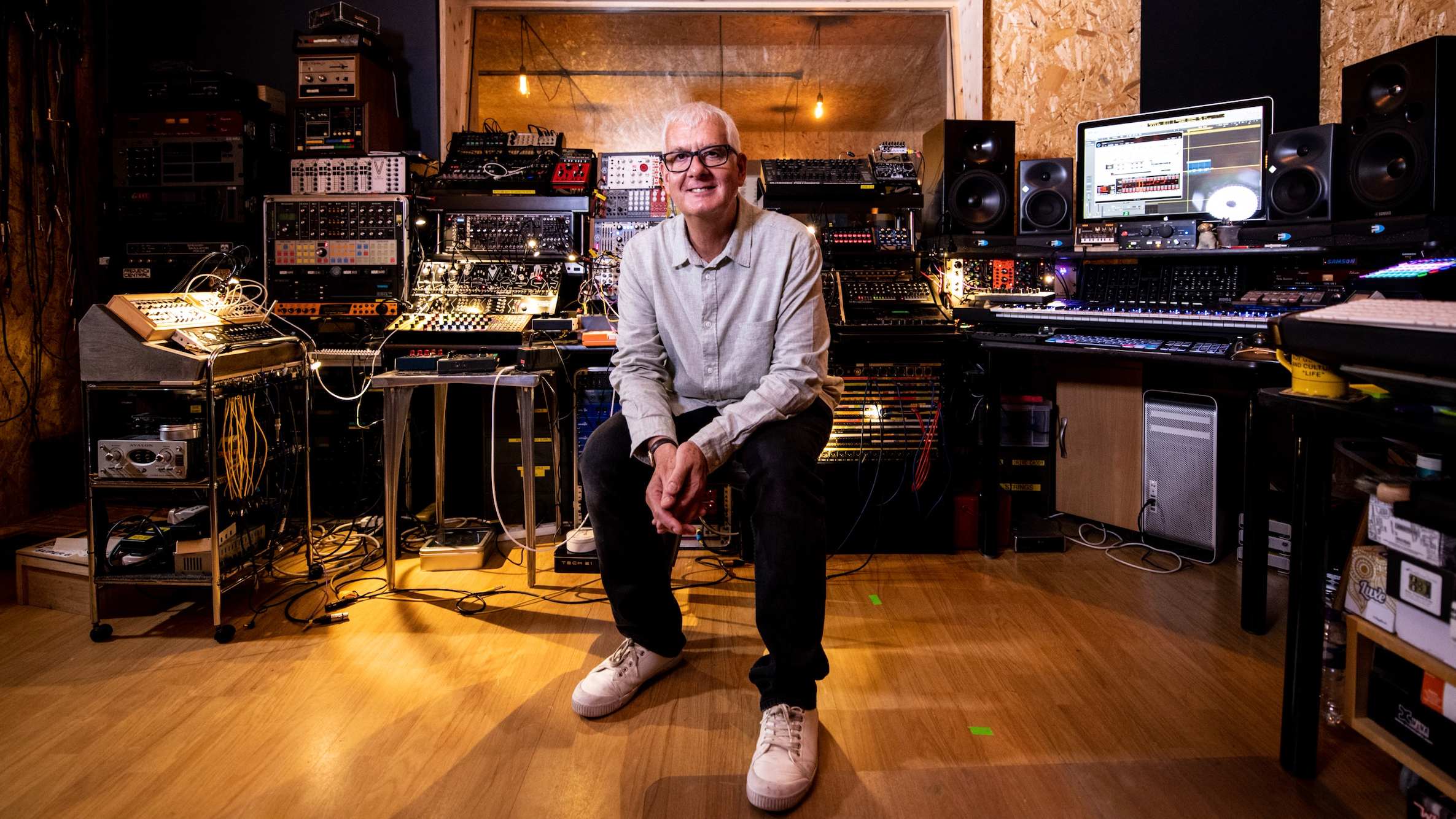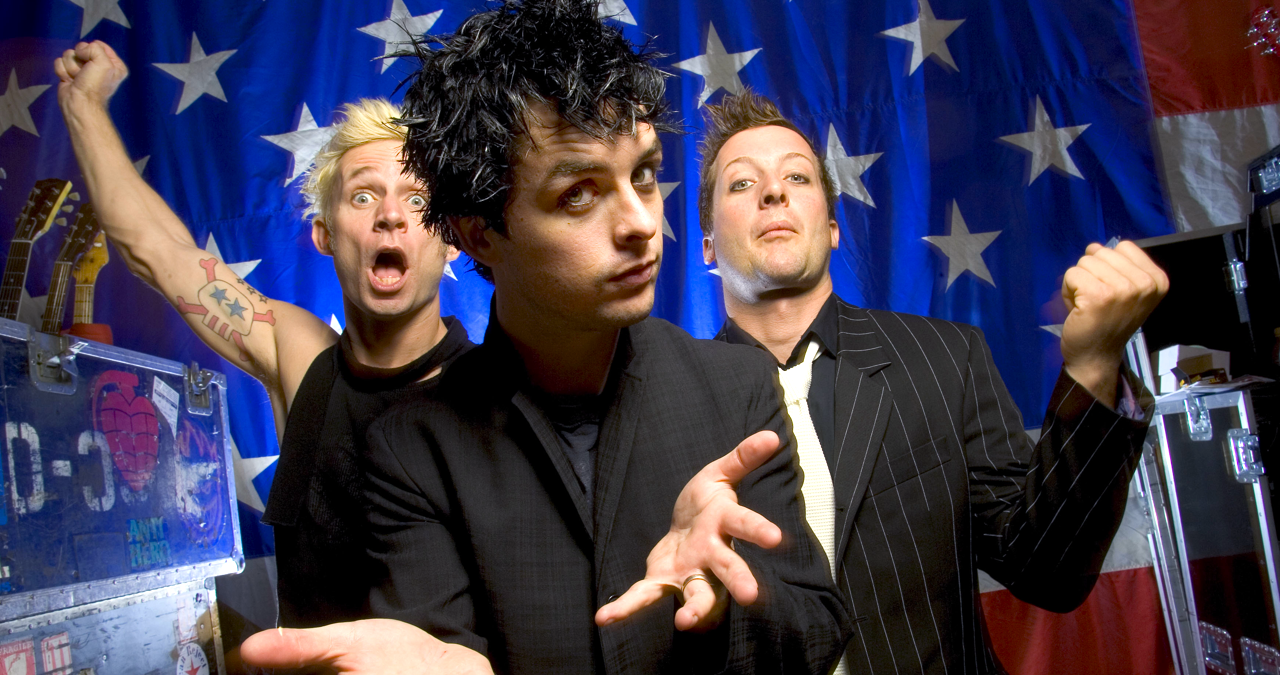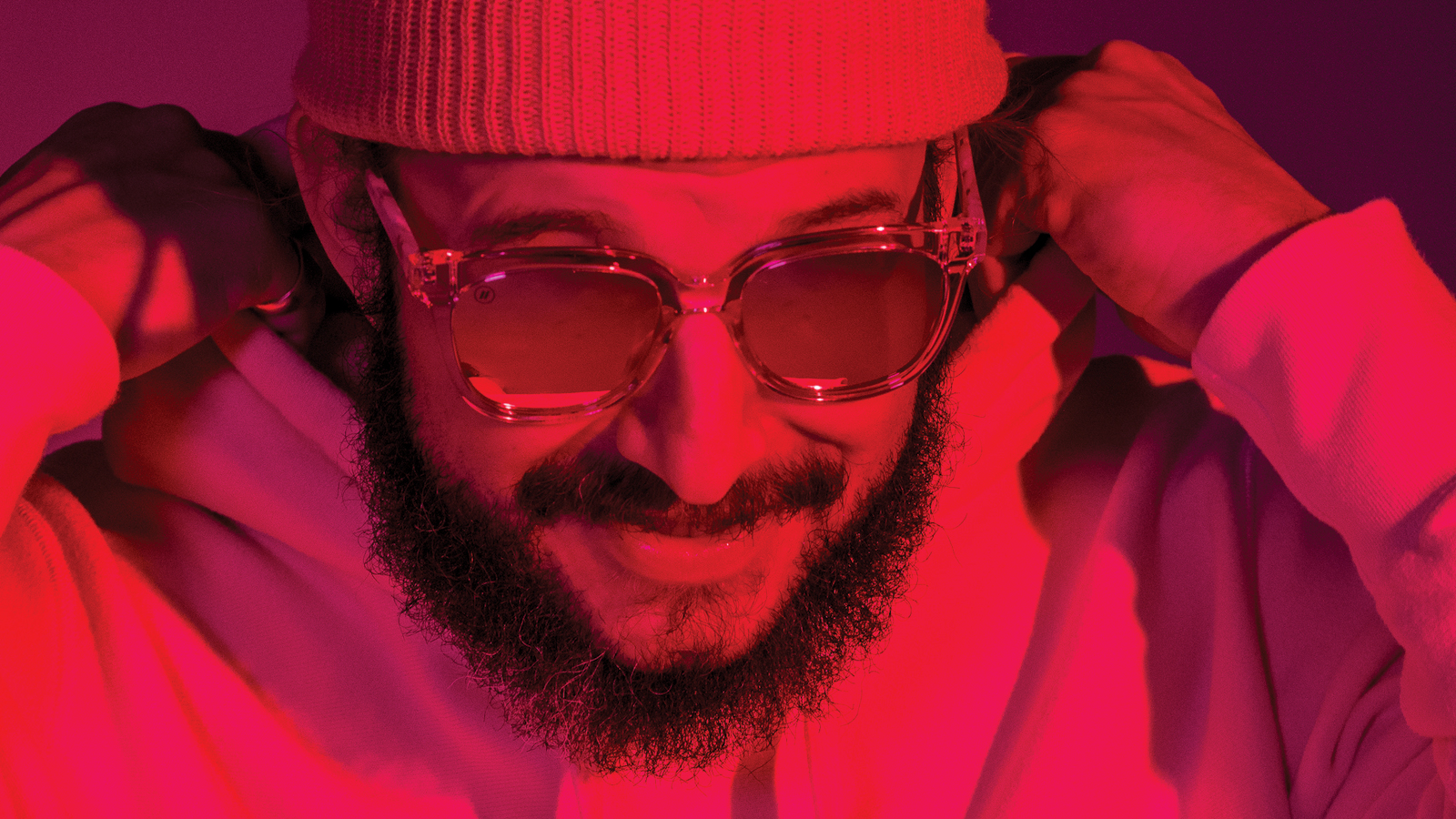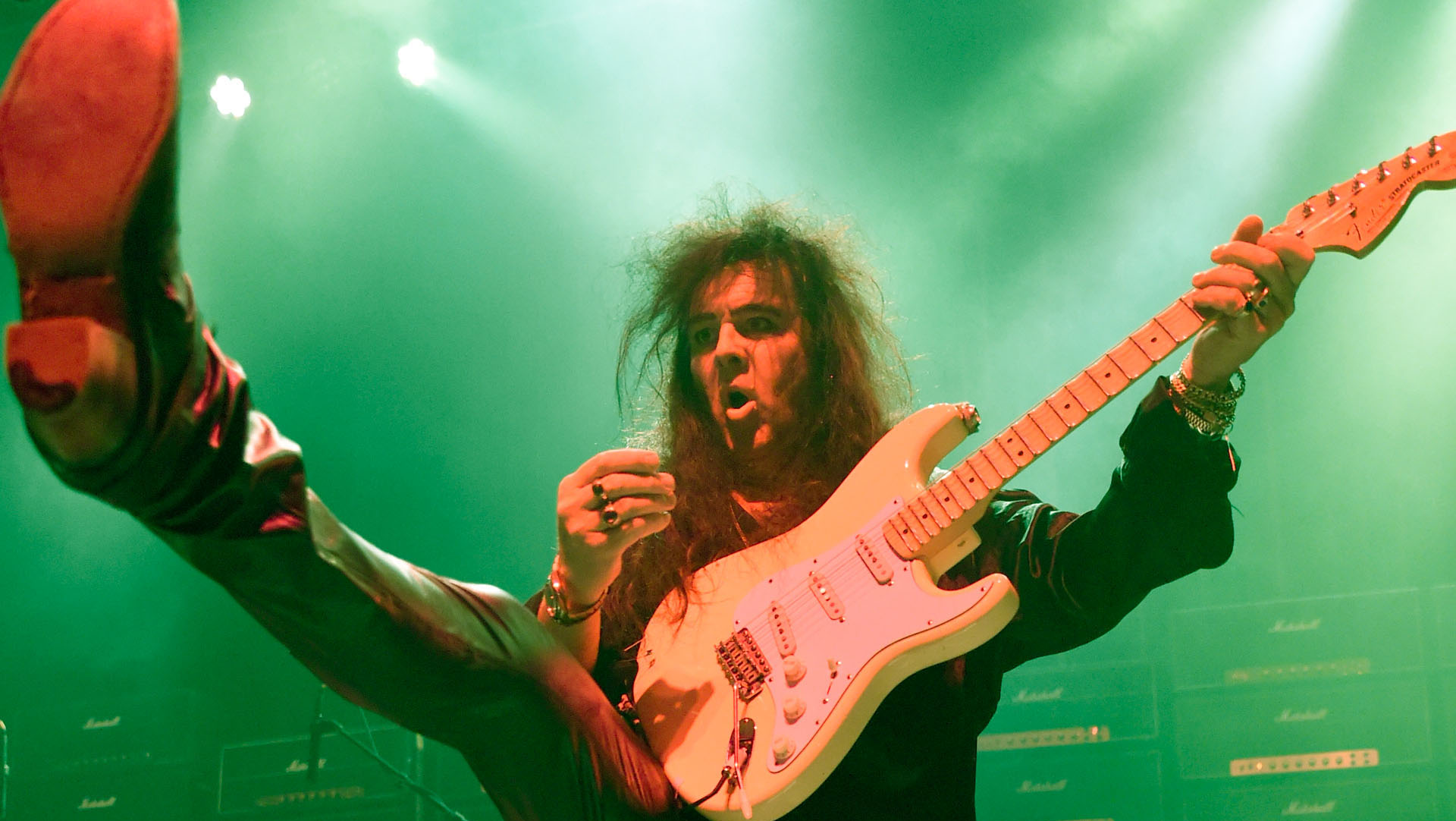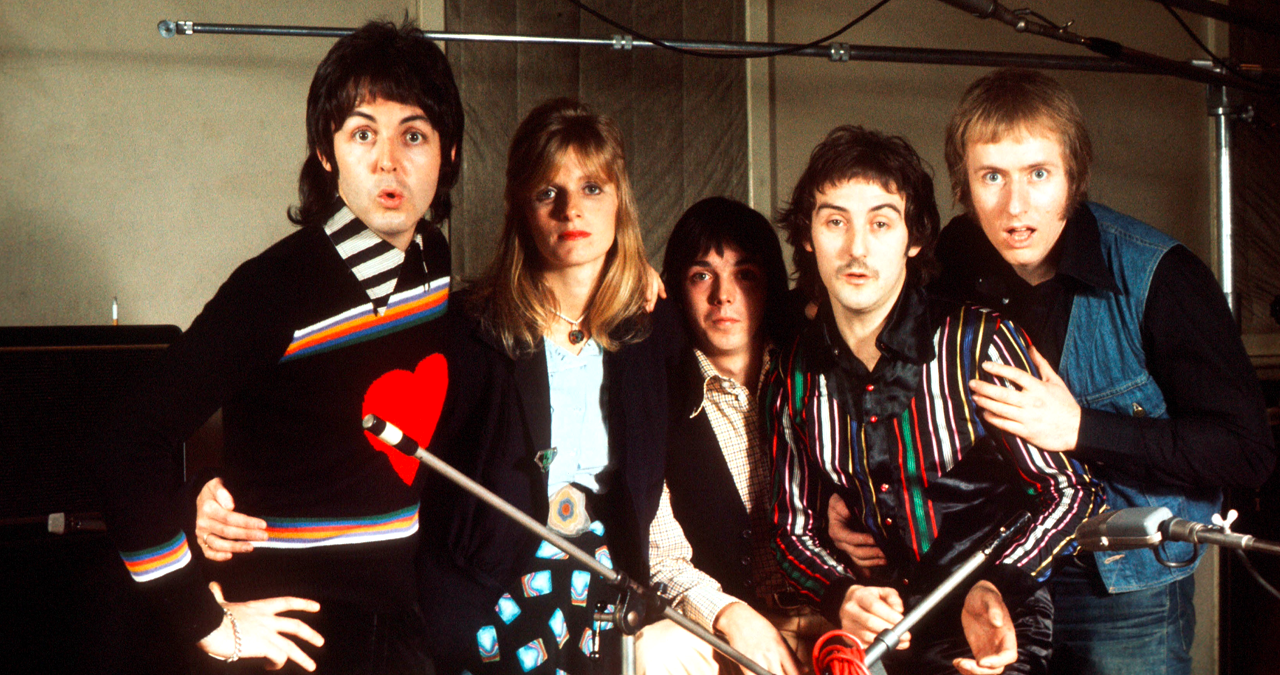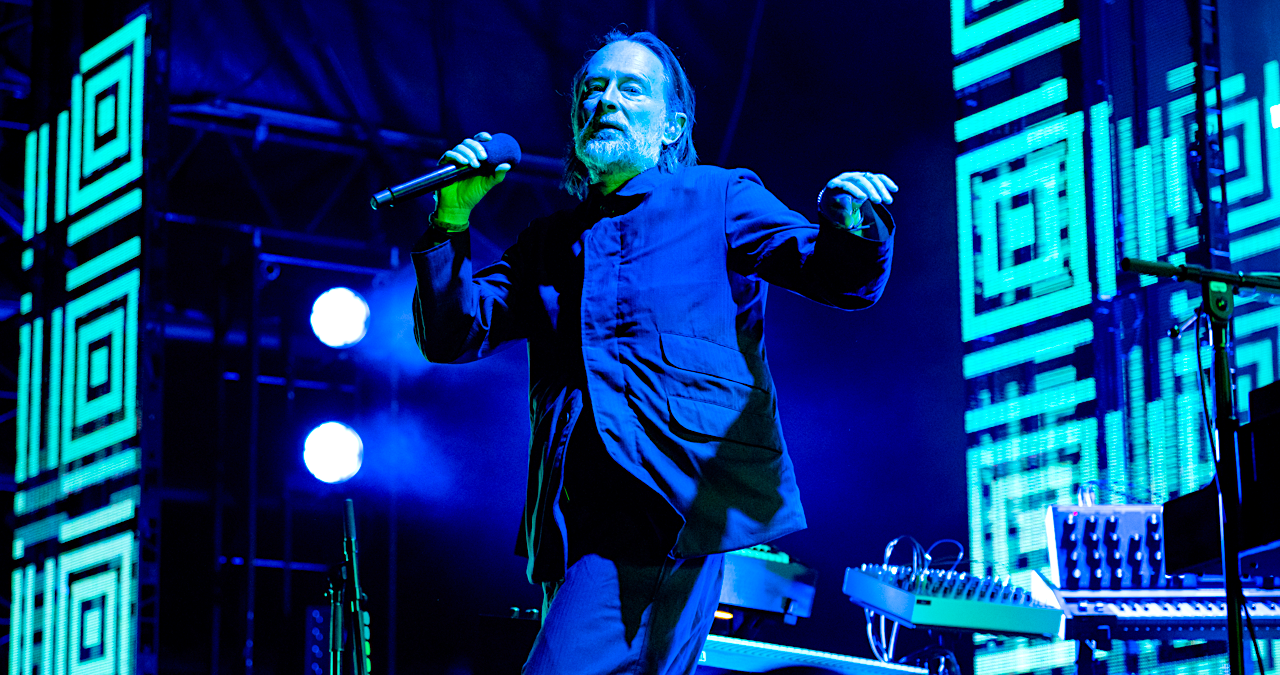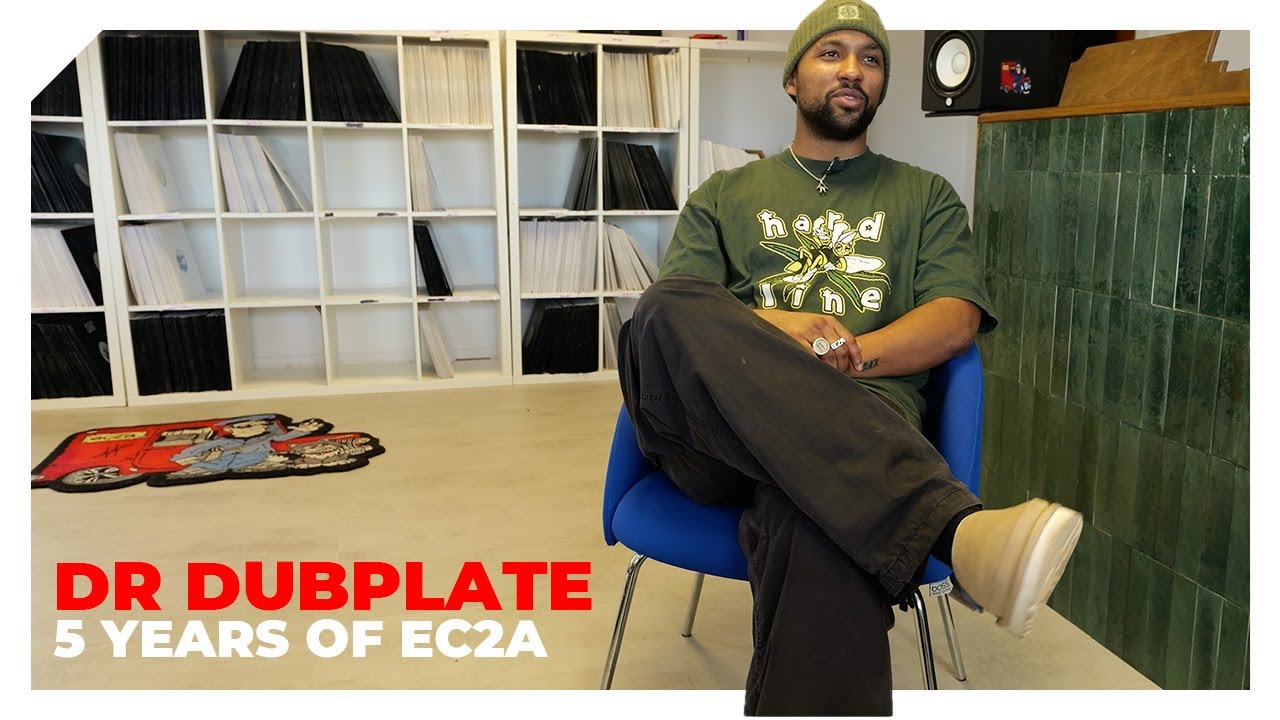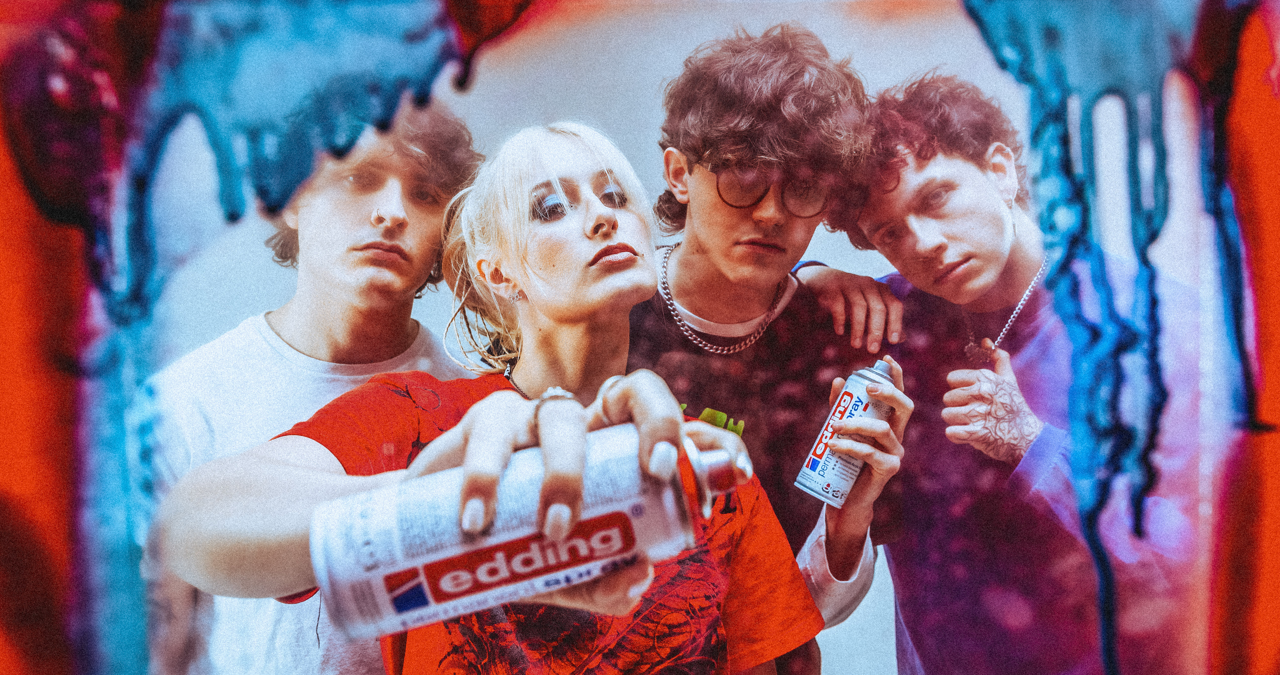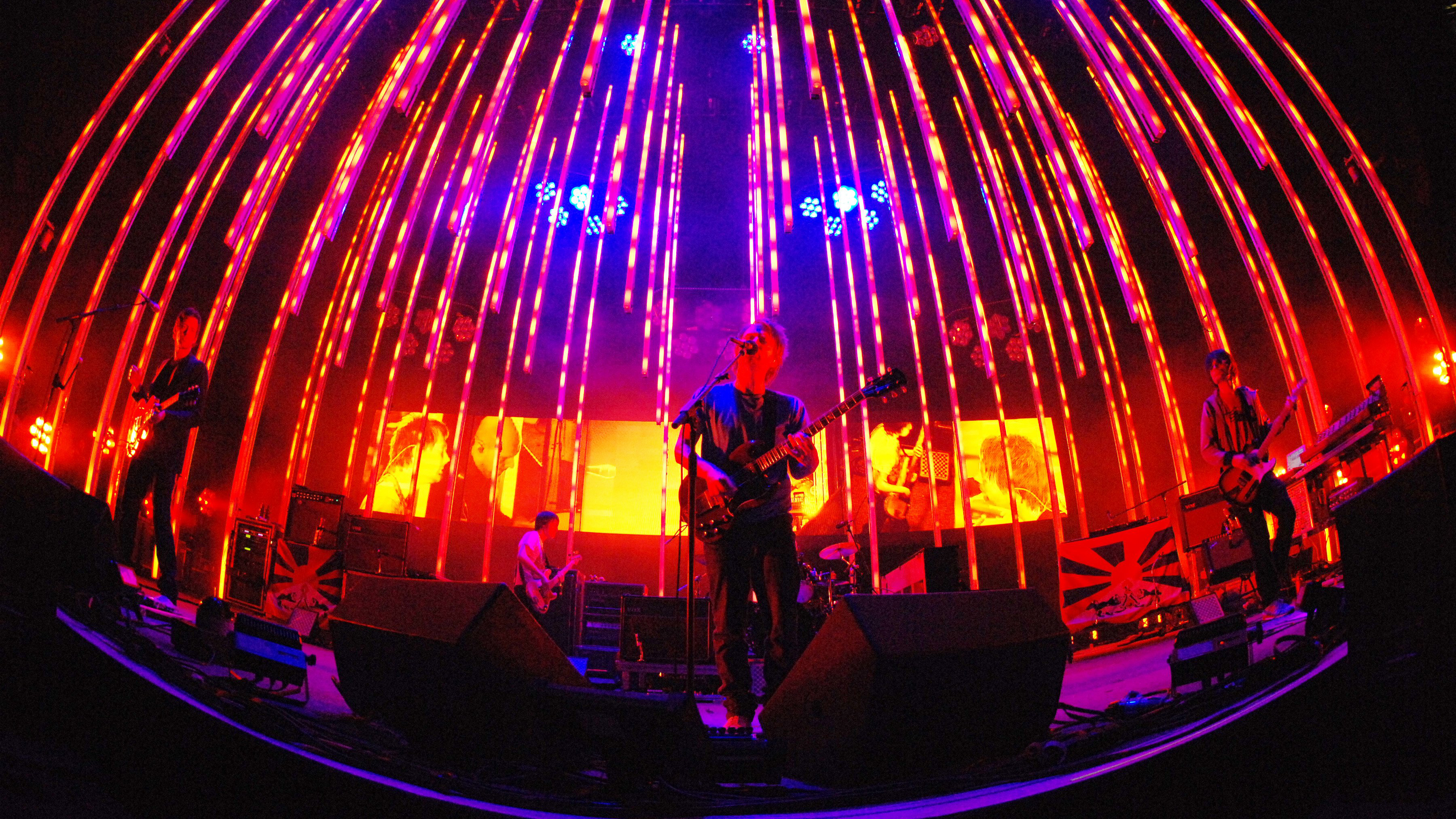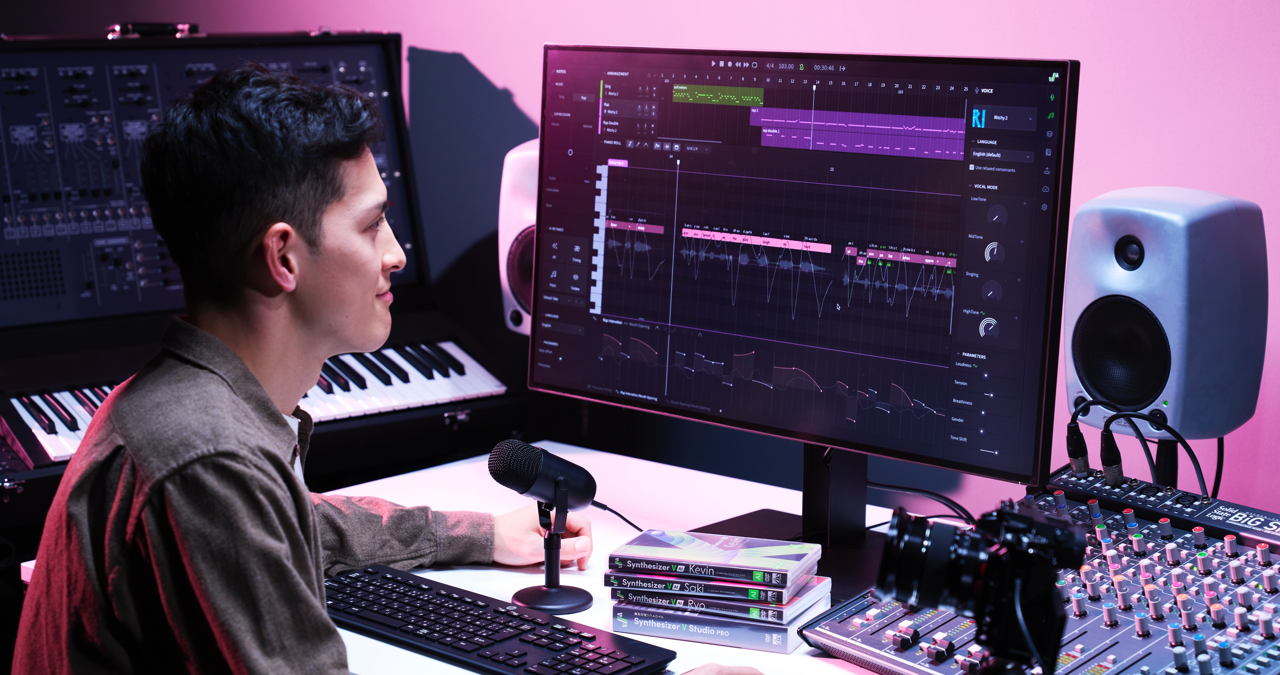Spotify fights back: Think that artists aren’t getting enough cash? Spotify says there's a good reason for that
After a stream of anti-Spotify sentiment, the supersized streaming service wants to set the record straight
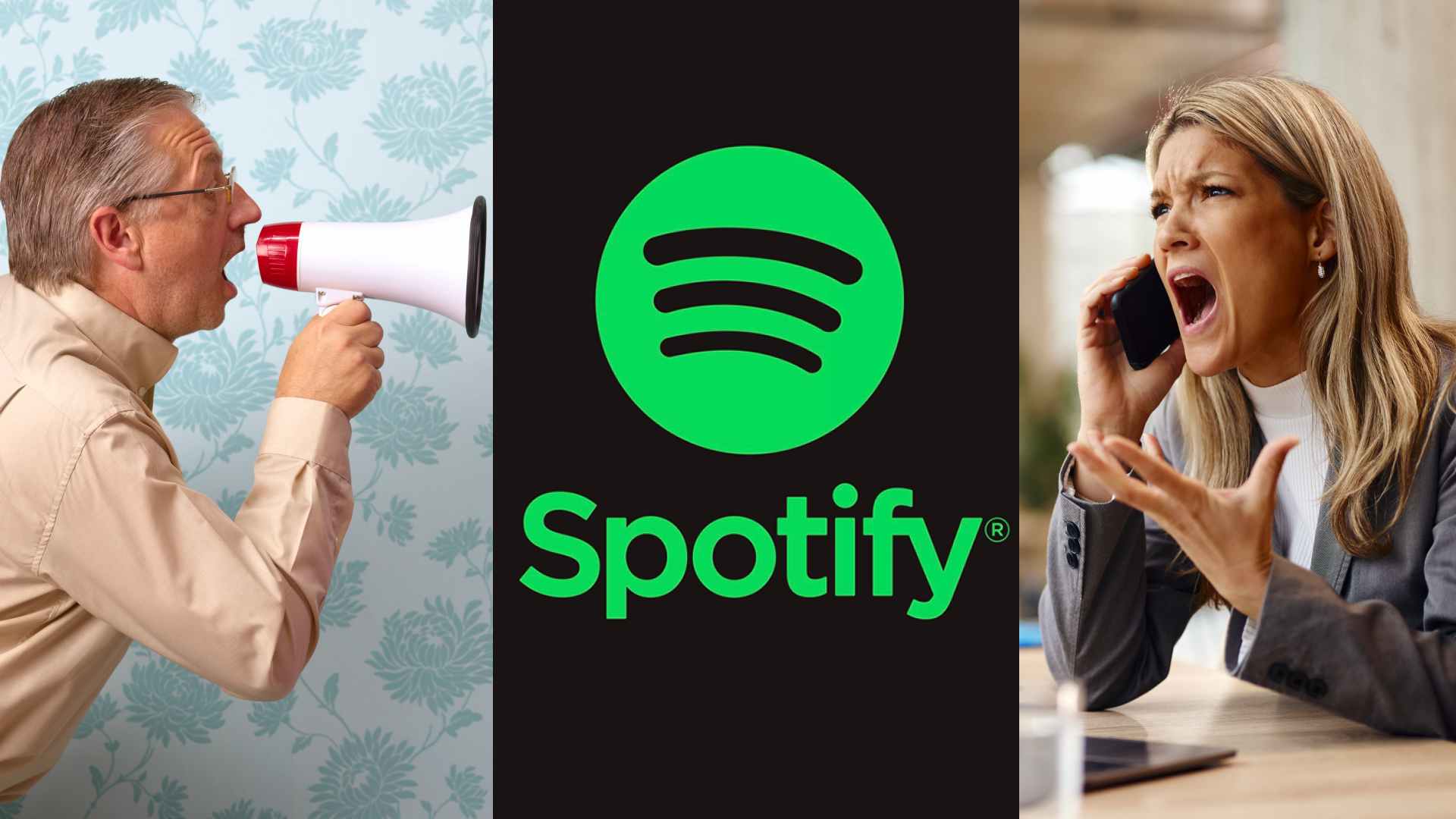
It seems that barely a day goes by without someone somewhere having yet another dig at Spotify. And if the globe-conquering Swedish music service isn’t being named directly, then it’s the entire business of music streaming that’s coming under fire.
And – it seems – Spotify has finally had enough.
It’s safe to say that every music lover loves music streaming. The convenience. The ease. The availability of and access to tracks you otherwise might never have heard. But it remains a guilty pleasure for many.
Firstly there are memories of vibrant record stores, and eagerly-awaited release dates. Of listening to and knowing a carefully managed top 40 chart inside out. And the tall tales of lucky (frequently hapless) rock and pop stars making vast fortunes only to wind up in the dumper as tastes changed and fashions came and went.
All of which – arguably – just doesn’t happen these days.
But most of all there’s the guilt that, in exchange for your (once again ‘arguably’) totally-worth-it tenner a month, you’re giving the artists you love fractions of pennies in exchange for ALL of their fire and skill.
Meanwhile your money goes somewhere you probably don’t want it to.
Get the MusicRadar Newsletter
Want all the hottest music and gear news, reviews, deals, features and more, direct to your inbox? Sign up here.
Something's got to give
Compared to the old days (and this is as recently as 20 years ago), when you think about it, modern music streaming IS just too good to be true.
And it’s this dawning epiphany that’s growing increasingly prominent in the minds of today’s music makers. For while their audience sympathises, tuts and moans while continuing to stream music like there’s no tomorrow, they see their income increasingly diminish and the desire of new artists to follow in their footsteps evaporate completely.
And now, after weathering years of minor gripes and snipes, Spotify has been increasingly in touch with us and wants to set this record straight. And while they’re obviously biting their lip slightly, the real culprit preventing your favourites from making money is hiding in plain sight…
Take our Gavin Rossdale story for example. In it Rossdale worries: “How do young bands get paid? I can’t work it out. I don’t know… Maybe you get one song with loads of streams? And we know that Spotify barely pays.
“And whatever they do pay, the record companies make sure they siphon off most of it before it goes to the artist. So it’s the same deal – artists getting screwed, record companies making a fortune and getting all the money. So same shitty business, but if you love it, what are you gonna do?”
Contacting us shortly after publication Spotify said:
“As Gavin correctly points out, streaming services do not pay artists or songwriters directly. They pay rights holders, who in turn pay artists and songwriters based on their individual agreements. Once that revenue leaves a service like Spotify’s hands, how much money goes to artists and songwriters depends on their own contracts with their rightsholders.
"It’s a misconception that Spotify ‘doesn’t pay well’ – as we’ve proved time and time again. The $10B we paid out in 2024 and $60B all time is industry-leading and record-breaking - the largest contribution to the music industry.
“The music industry is healthier than ever.”
Likewise when Cradle of Filth frontman Dani Filth said that “Spotify are the biggest criminals in the world. I think we had 25, 26 million plays last year, and I think personally I got about 20 pounds, which is less than an hourly work rate,” Spotify spoke up.
“£20!? Spotify has paid out around a million dollars in revenue to Cradle of Filth’s rights holders for fans’ streams of their catalogue," they told us. "We’re disappointed to hear that Spotify’s payments are not making it through to the band.”
See a pattern forming here?
Is the real villain at play the record companies who – upon seeing their dollar slipping away – signed away the streaming rights for their artists' music for pennies AND THEN keep (around) 80% of Spotify’s incoming cash?
And with no records to press, and shops to supply these days, one has to ask: What is it they do again?
Indeed, artists such as James Blake would argue that modern record companies are redundant and – speaking in Spotify’s favour – that artists willing to cut out that middleman and truly take control of their destiny will find Spotify (and similar services) willing and lucrative partners.
"It looks like peanuts, right? But when you are not splitting it with a label you can make serious money as an independent artist through streams," he promises.
You reckon that the advent of streaming was a big deal? Maybe it’s time for an even bigger shake-up in music.
Daniel Griffiths is a veteran journalist who has worked on some of the biggest entertainment, tech and home brands in the world. He's interviewed countless big names, and covered countless new releases in the fields of music, videogames, movies, tech, gadgets, home improvement, self build, interiors and garden design. He’s the ex-Editor of Future Music and ex-Group Editor-in-Chief of Electronic Musician, Guitarist, Guitar World, Computer Music and more. He renovates property and writes for MusicRadar.com.
You must confirm your public display name before commenting
Please logout and then login again, you will then be prompted to enter your display name.

